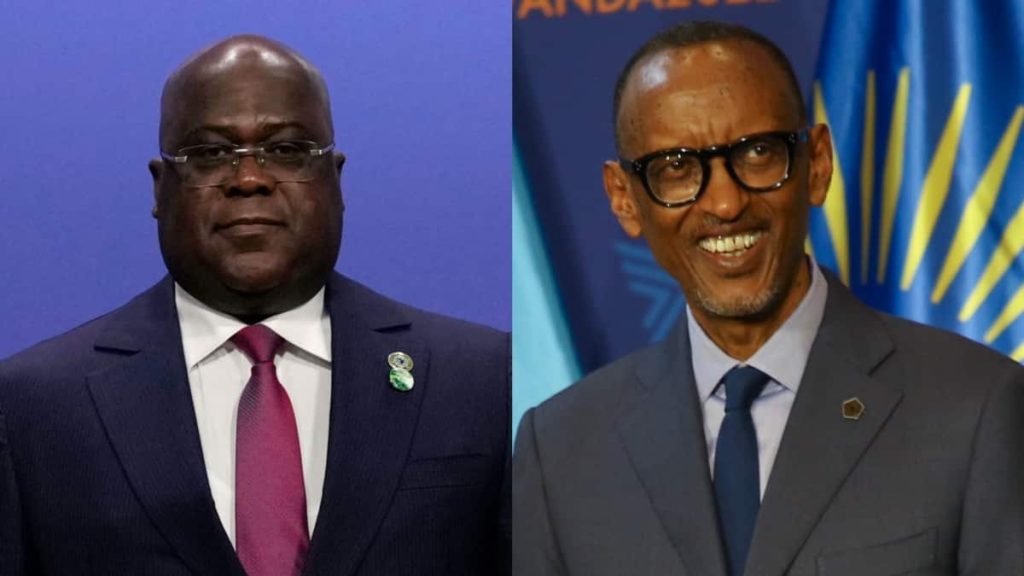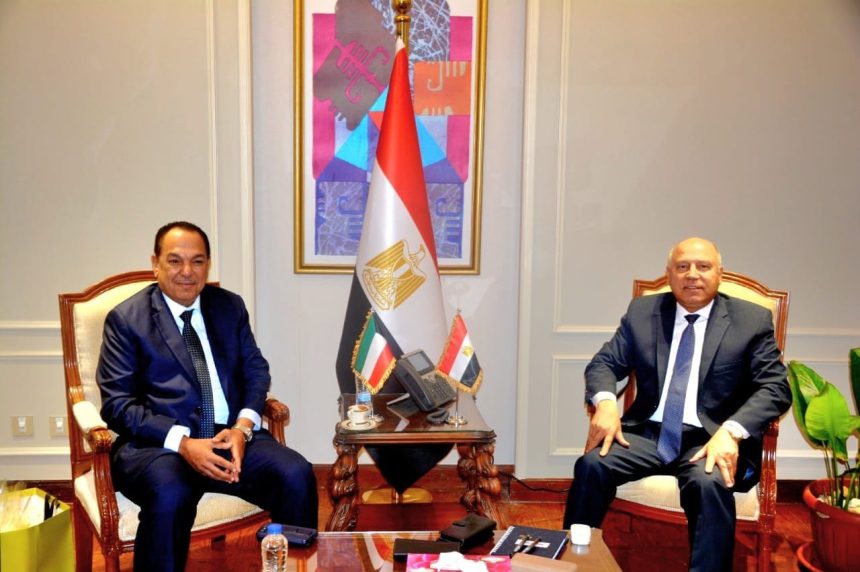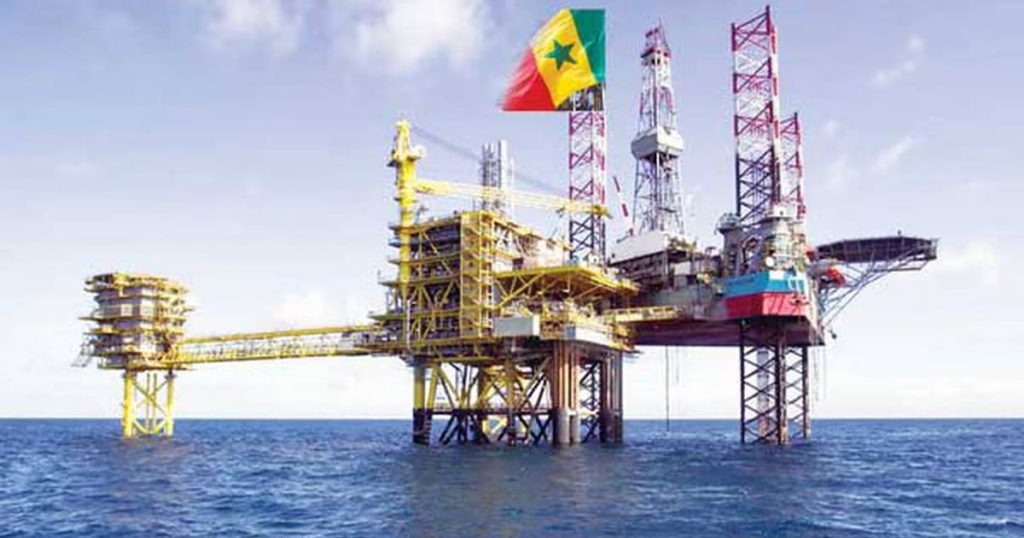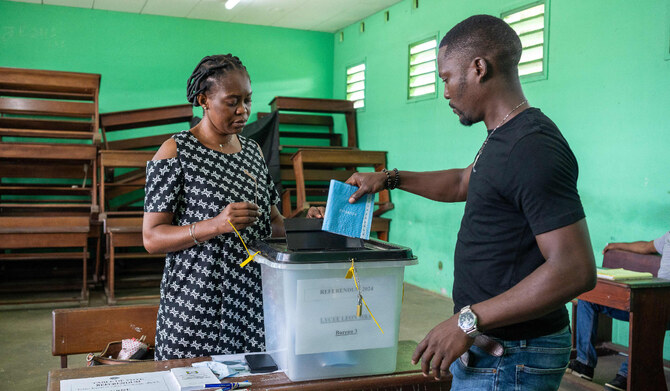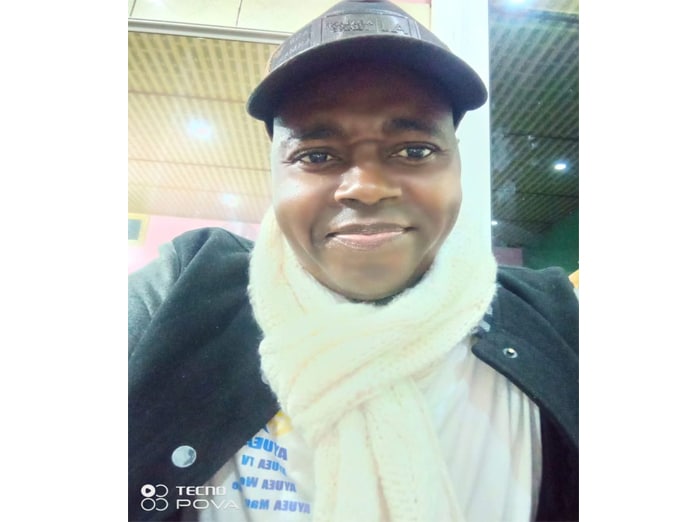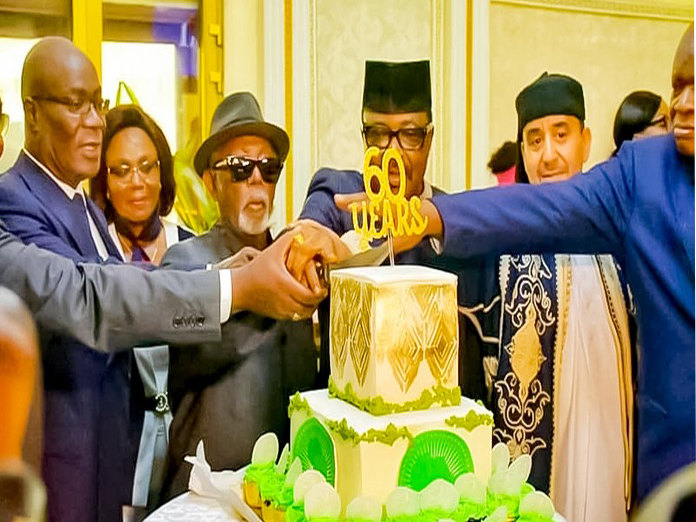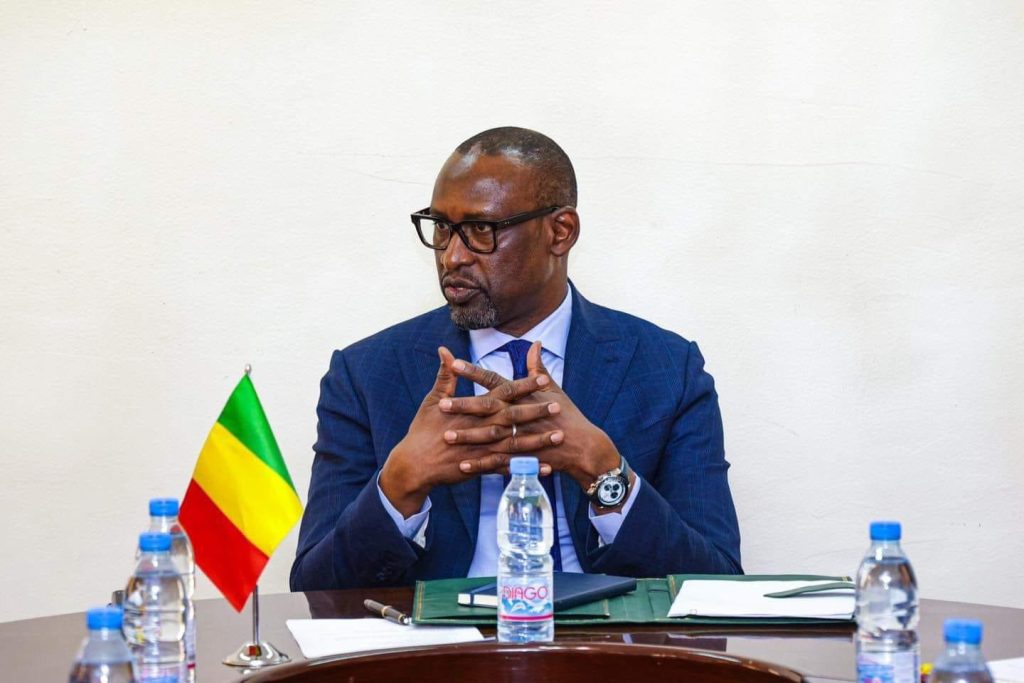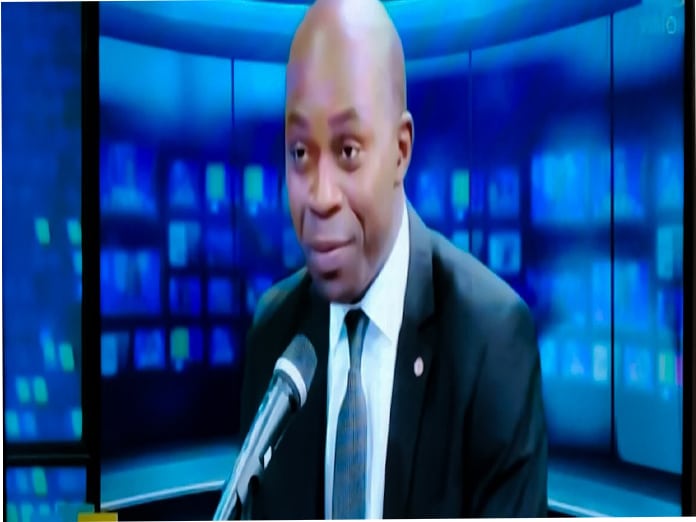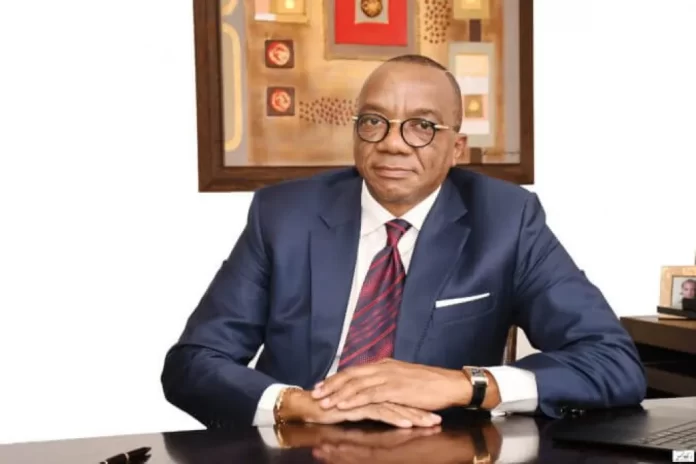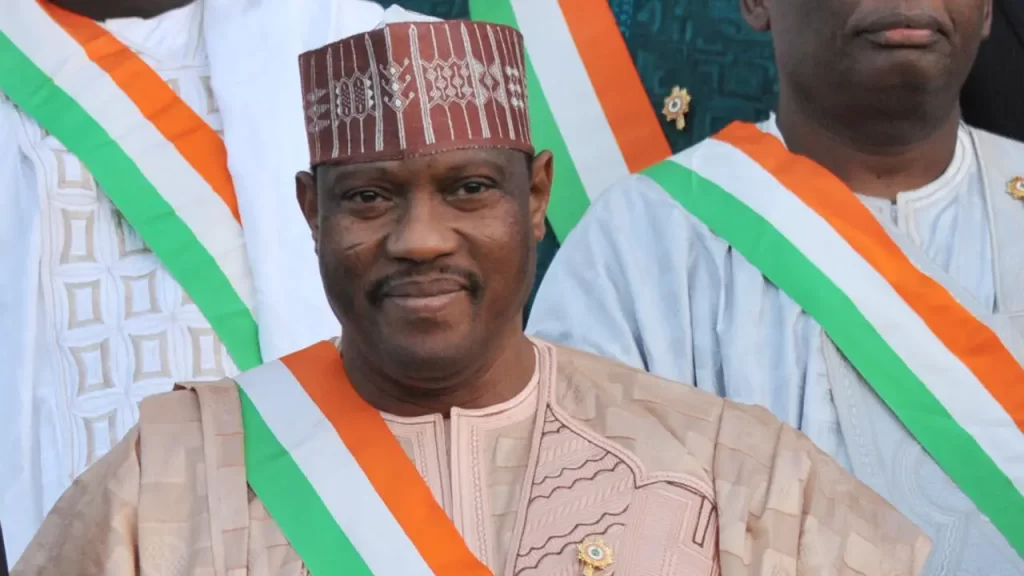Rwanda and Congolese presidents, Paul Kagame and Felix Tshisekedi have halted direct talks meant to happen Sunday to sign a deal to end the tensions in the Eastern part of the DRC. The decision is contained in statements from both sides after the DRC delegation rejected Rwanda’s call for the DRC to dialogue with the M23.
Following talks in Luanda, the presidents of Rwanda and Democratic Republic of Congo were to hold a face-to-face meeting. That meeting did not take place as planned on Sunday, December 15, according to both countries, dashing hopes of a deal to curb Congo’s M23 rebel conflict that has displaced over 1.9 million people.
The meeting was meant to see a rare face-to-face meeting between the two leaders in Angola, where long-running negotiations have sought to ease tensions between the neighbours linked to the almost three-year M23 insurgency.
Expectations that a deal would be signed had raised hopes of an end to a standoff that has further destabilised eastern Congo and intensified fears of a broader conflict in Africa’s Great Lakes region akin to two devastating wars between 1996 and 2003 that cost millions of lives.
« The cancellation of this tripartite is caused by the refusal of the Rwandan delegation to take part, » Congo’s presidency said in a statement stating the reason behind the delay. It added in the statement that Rwanda had made the signing of a peace agreement conditional on Congo holding direct talks with M23 rebels, which Congo rejected.
According to Rwandan authorities, Rwanda’s foreign ministry said this lack of consensus meant it would not have been possible for it to sign Sunday’s agreement and postponing the meeting would allow Congo time to engage directly with M23, it said in a statement.
The peace plan that was set to be signed envisaged Rwanda dismantling what it has called its defensive measures in the conflict in exchange for Congo eliminating a Hutu rebel group, the Democratic Forces for the Liberation of Rwanda (FDLR), which had attacked Tutsis in both countries.
Congo, the United Nations, and others accuse Rwanda of fuelling the rebellion in North Kivu province, allegations the East African nation denies.


